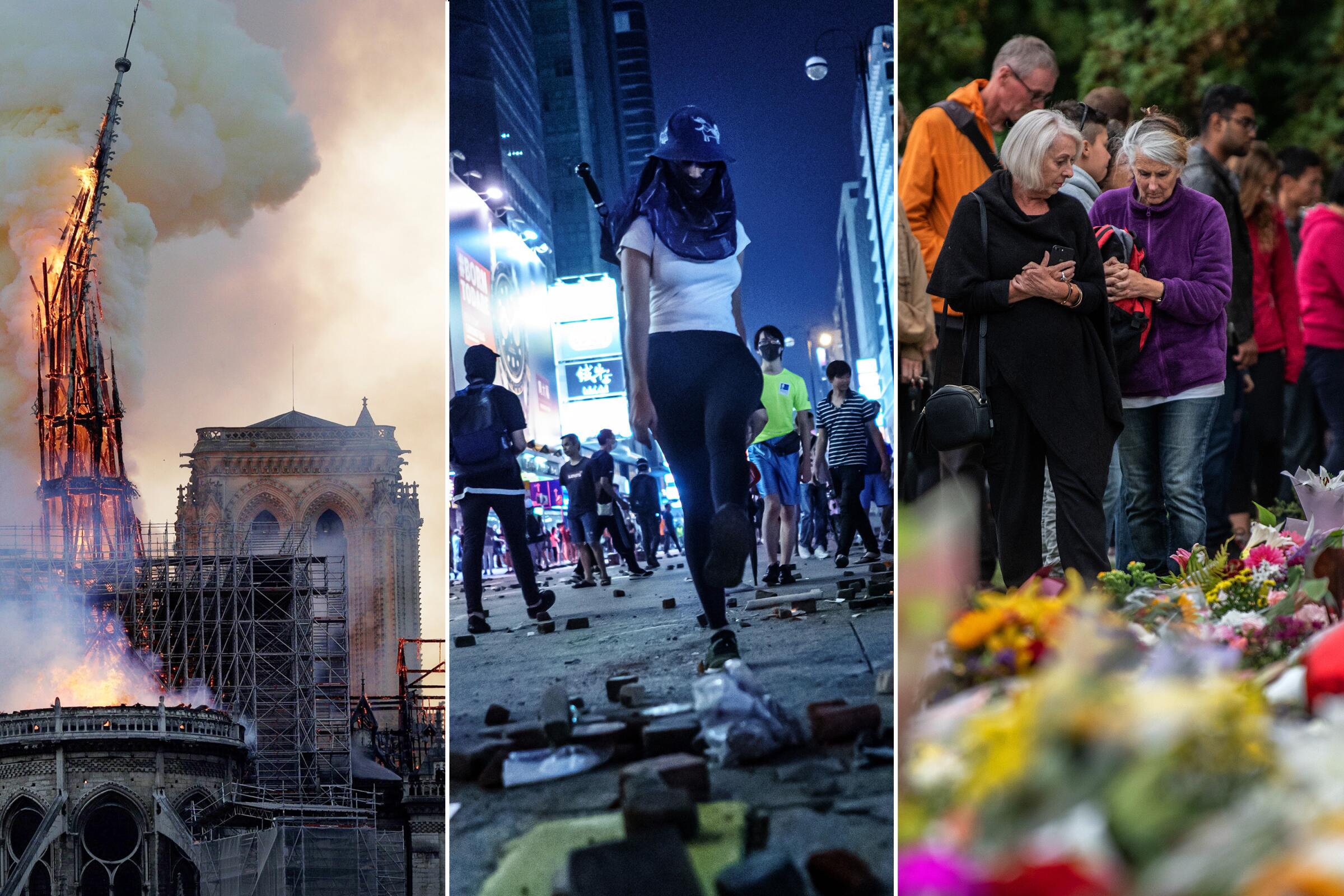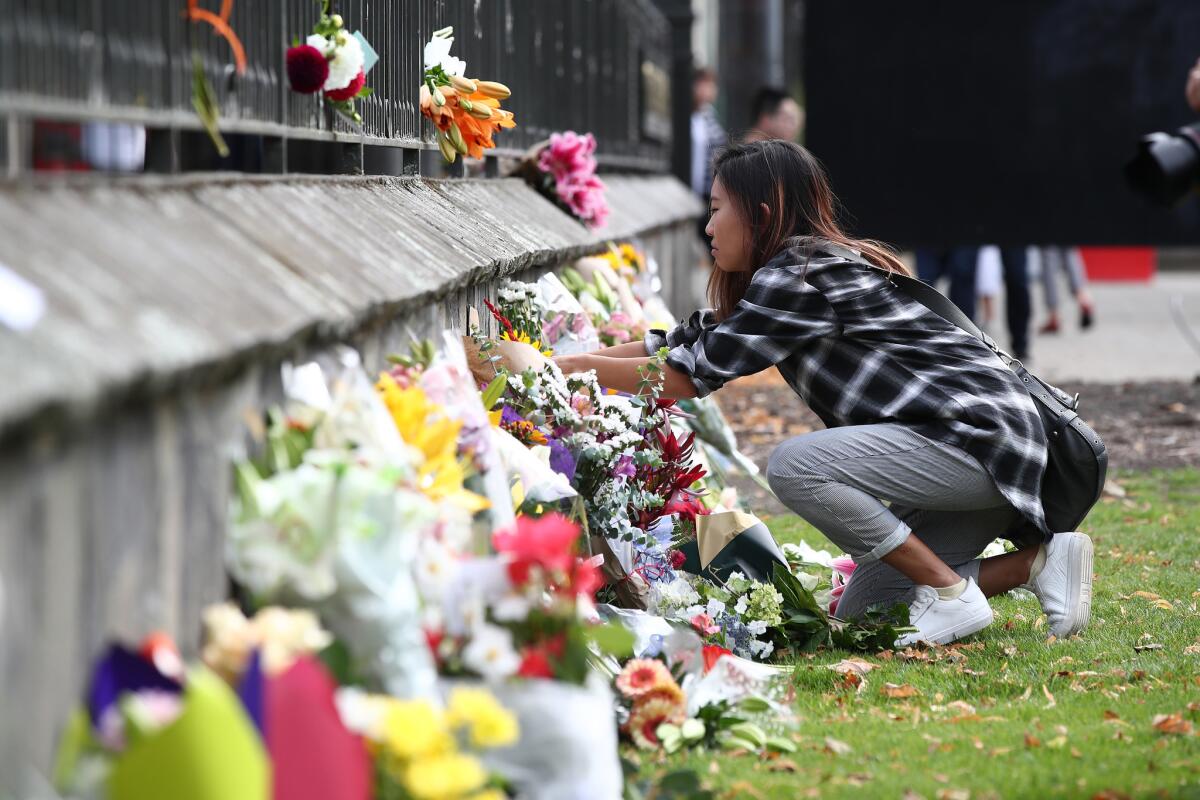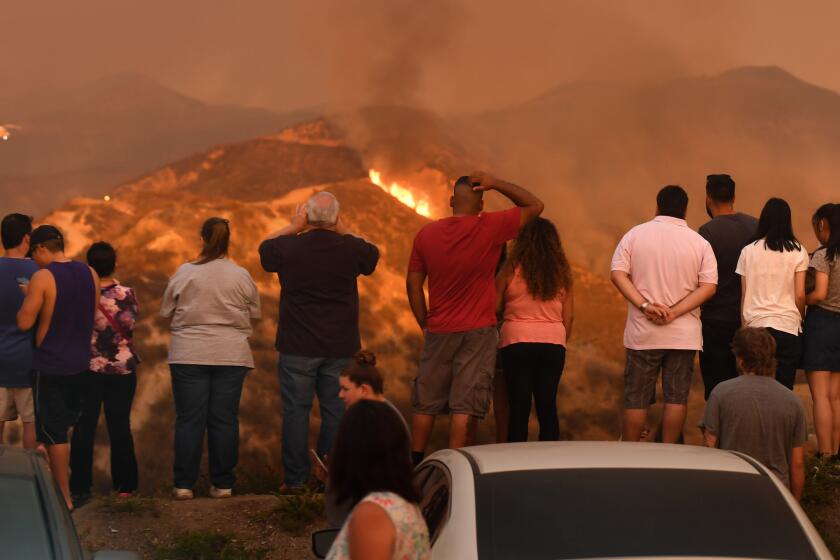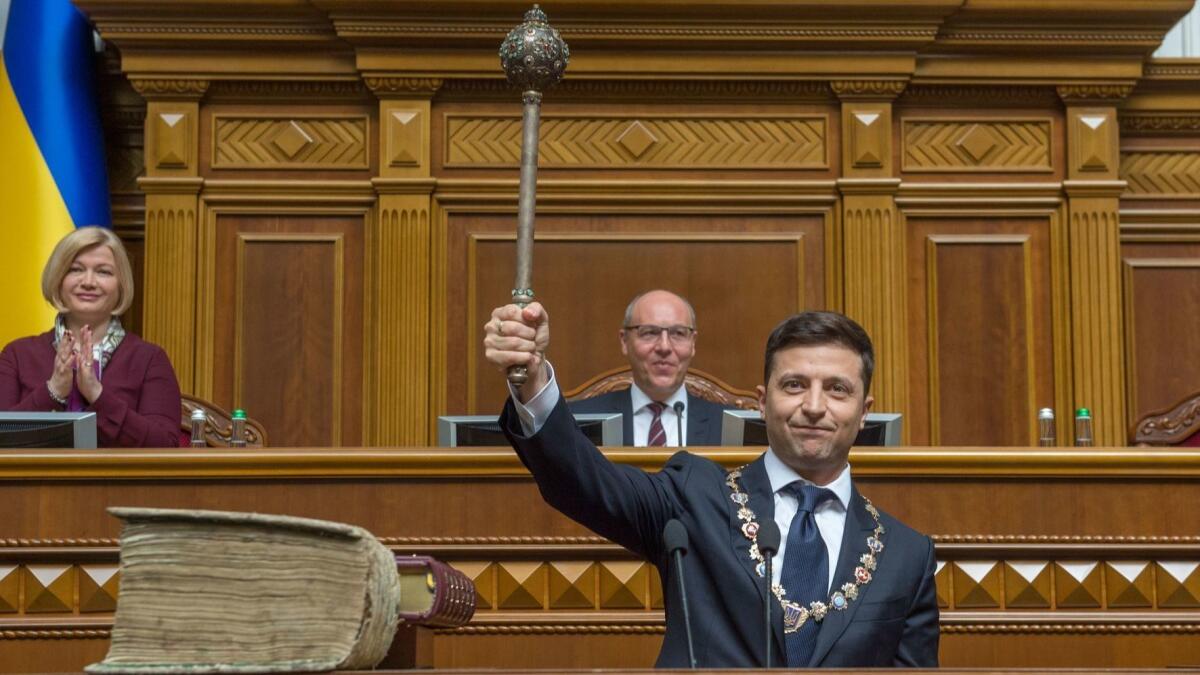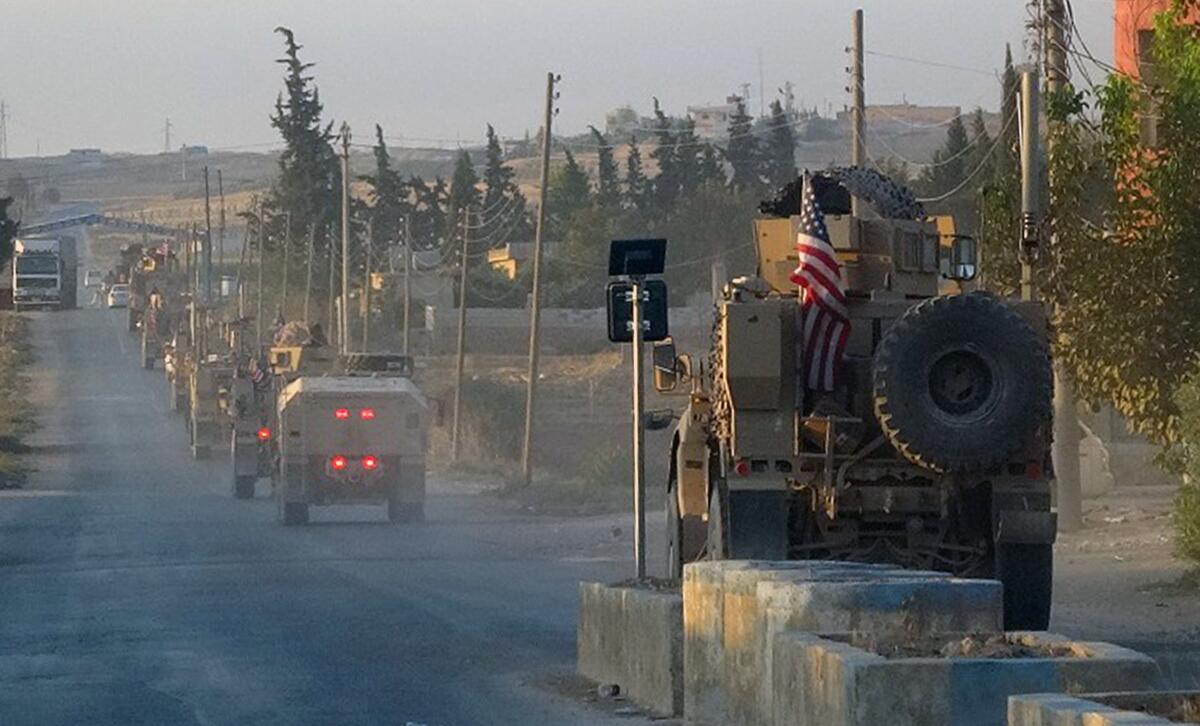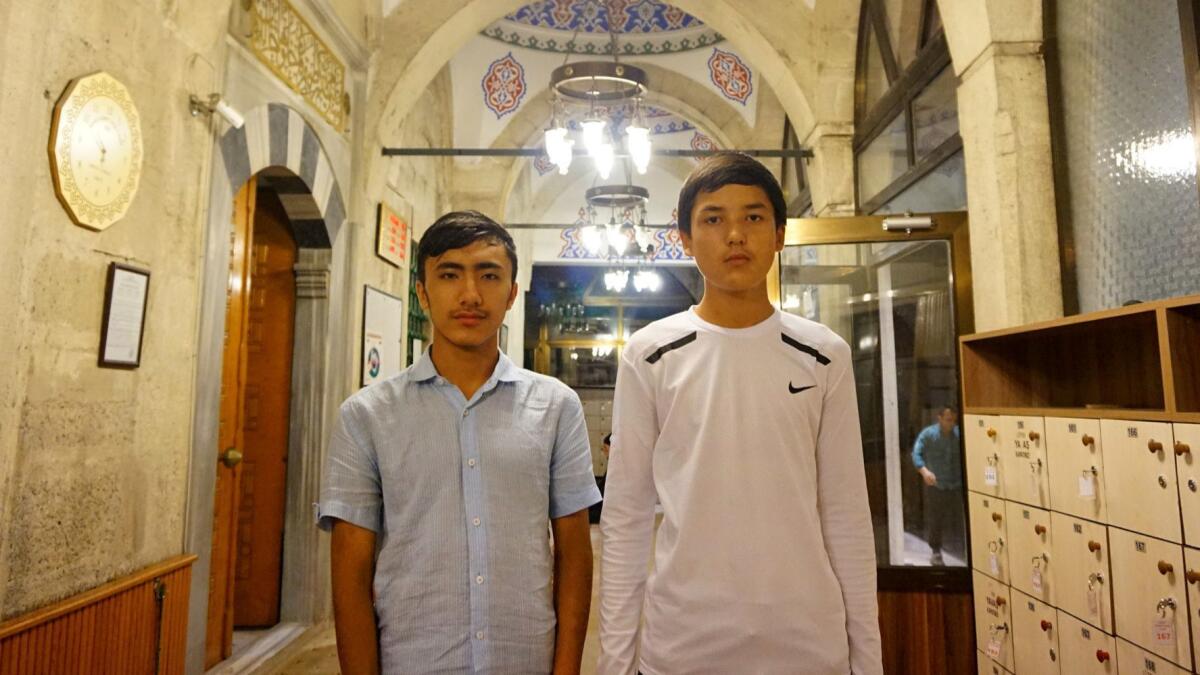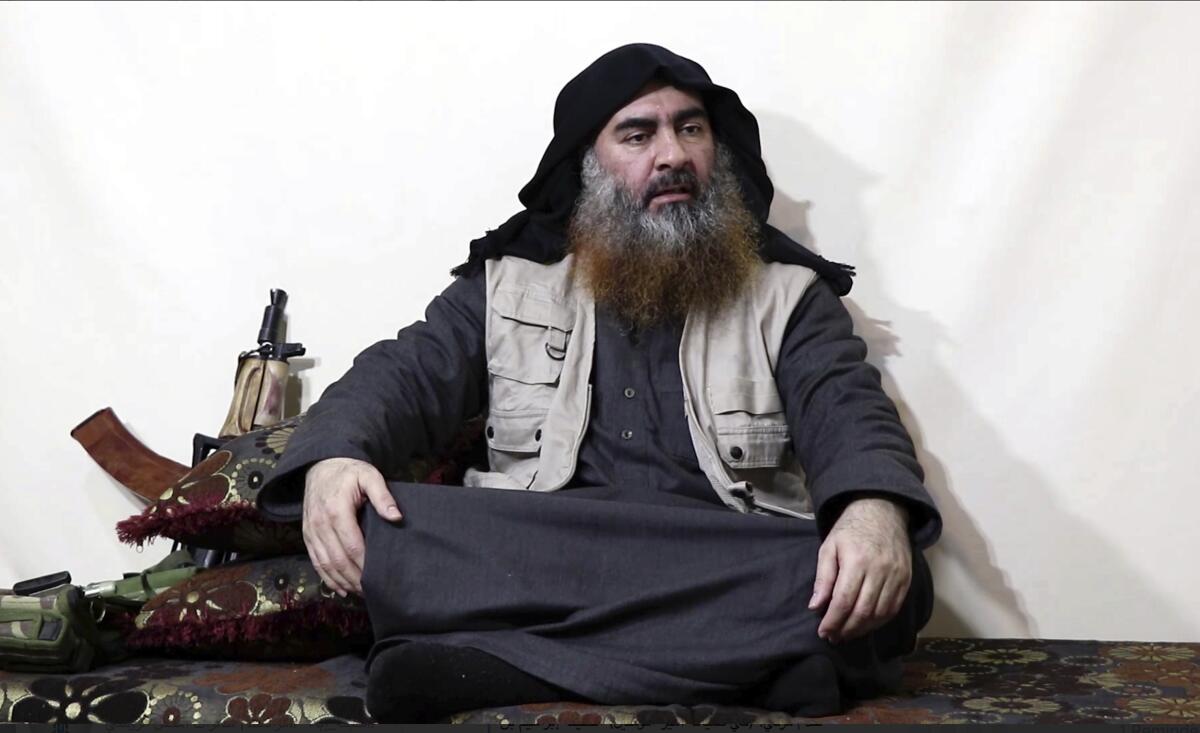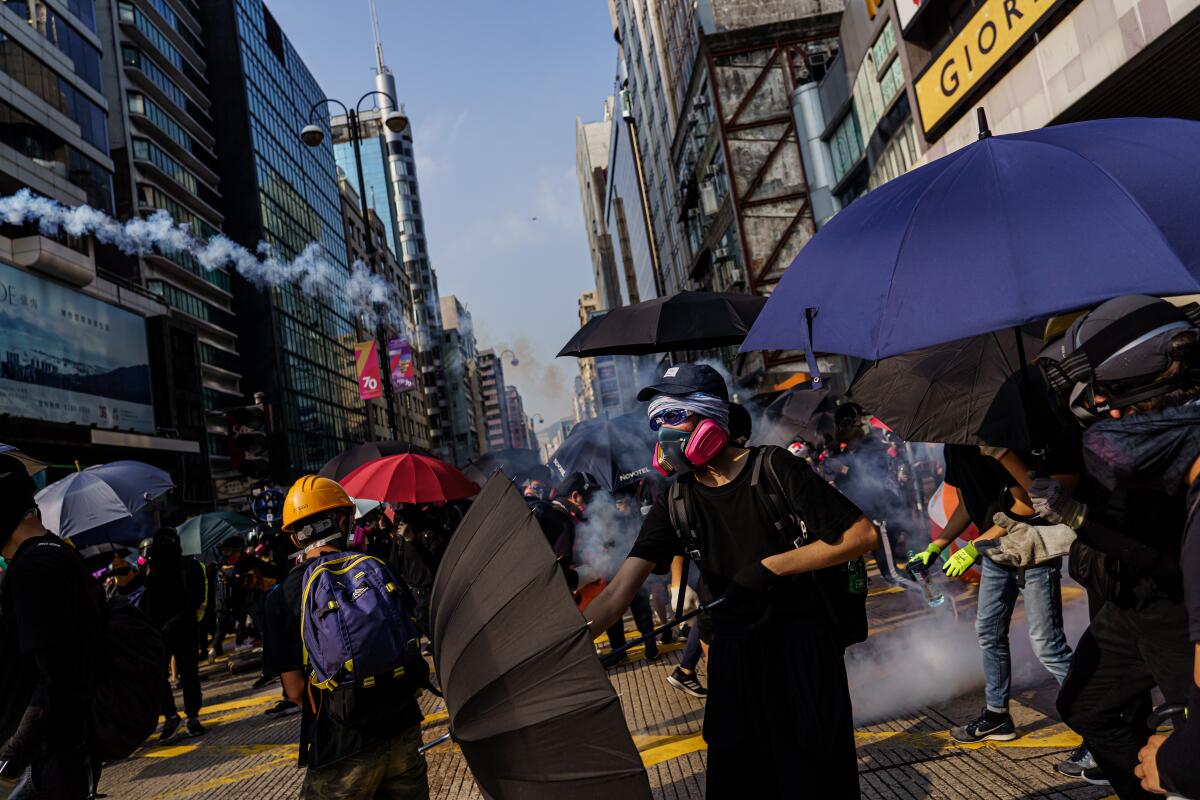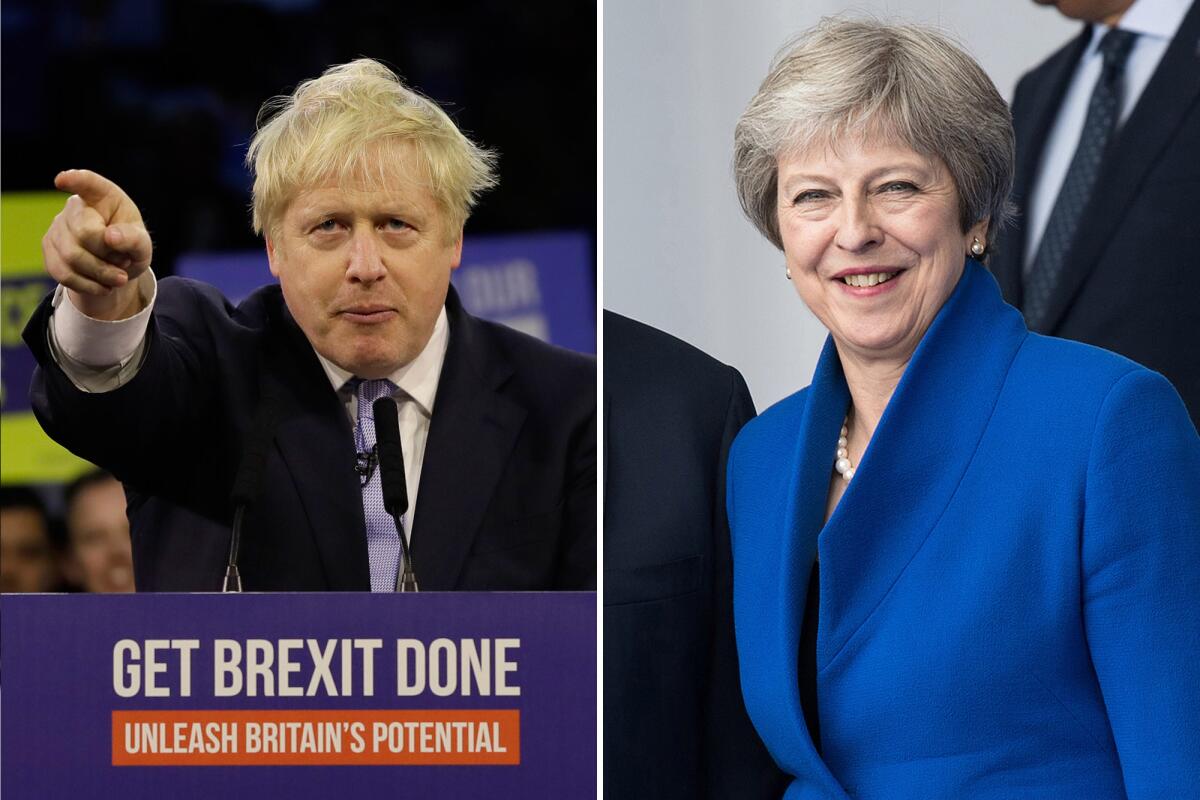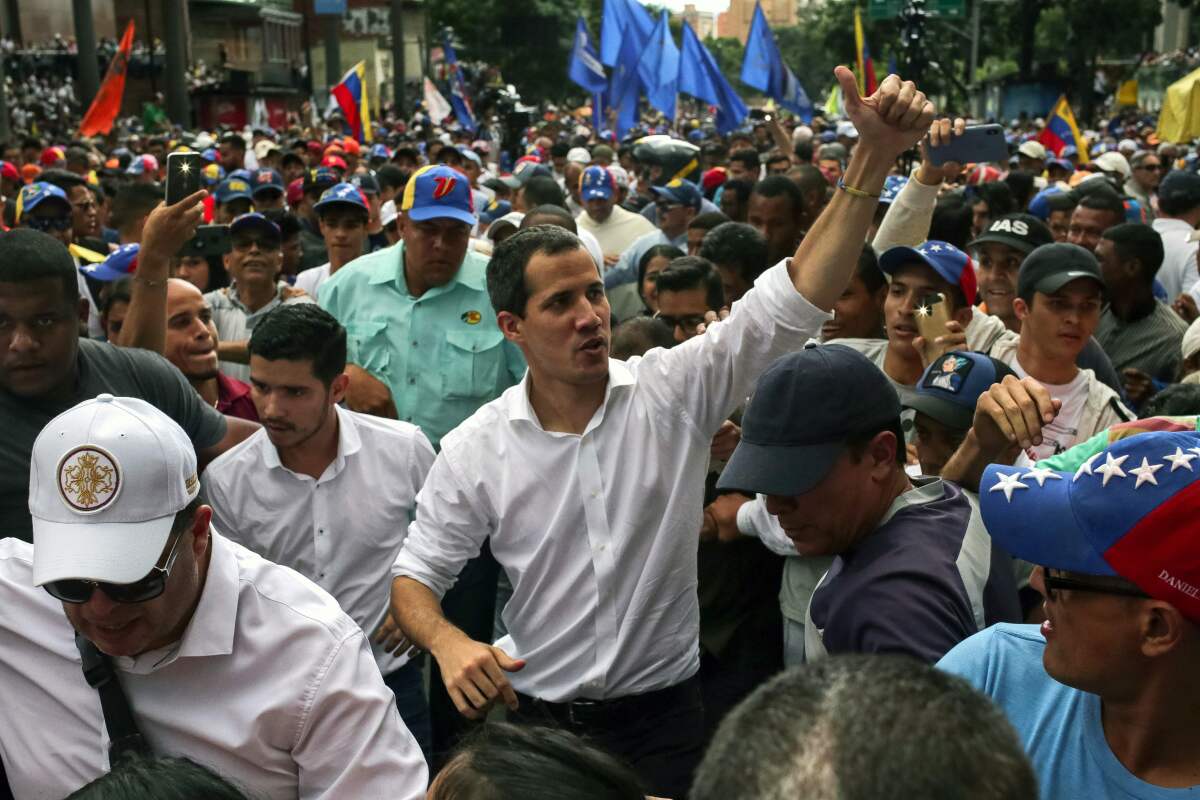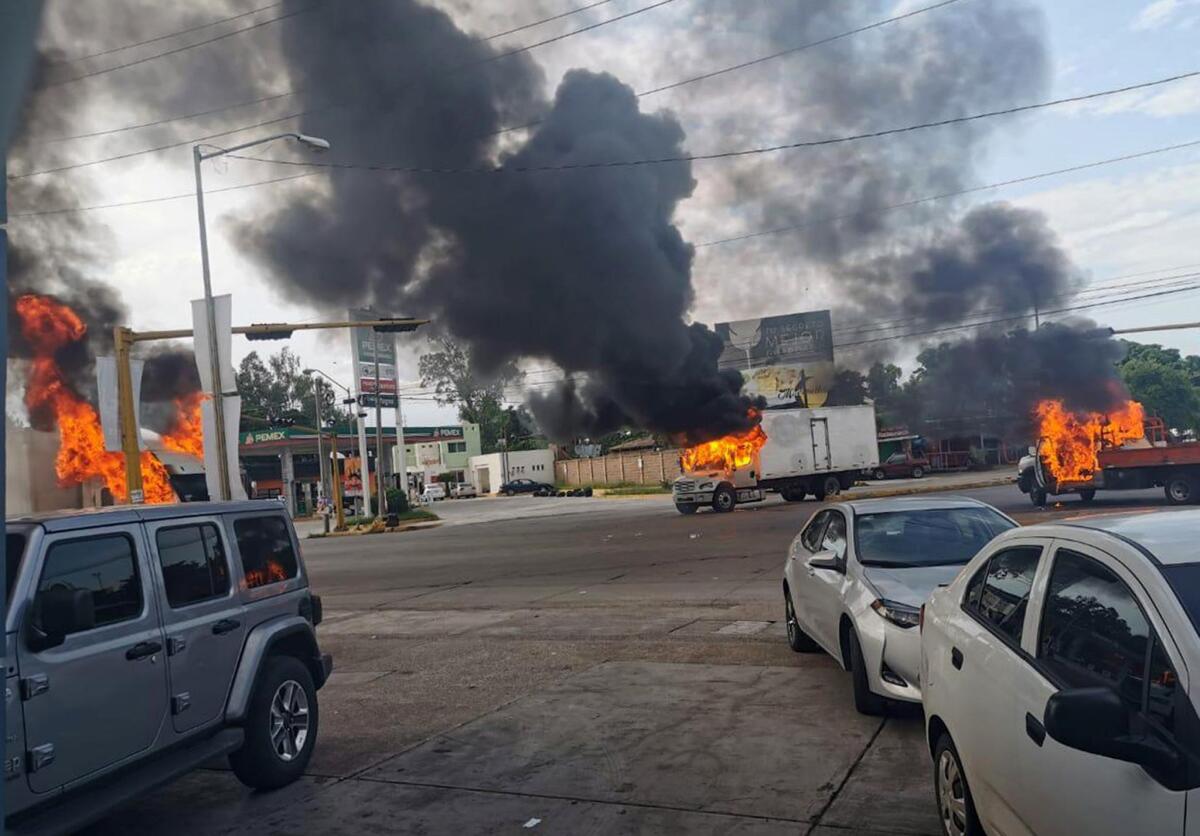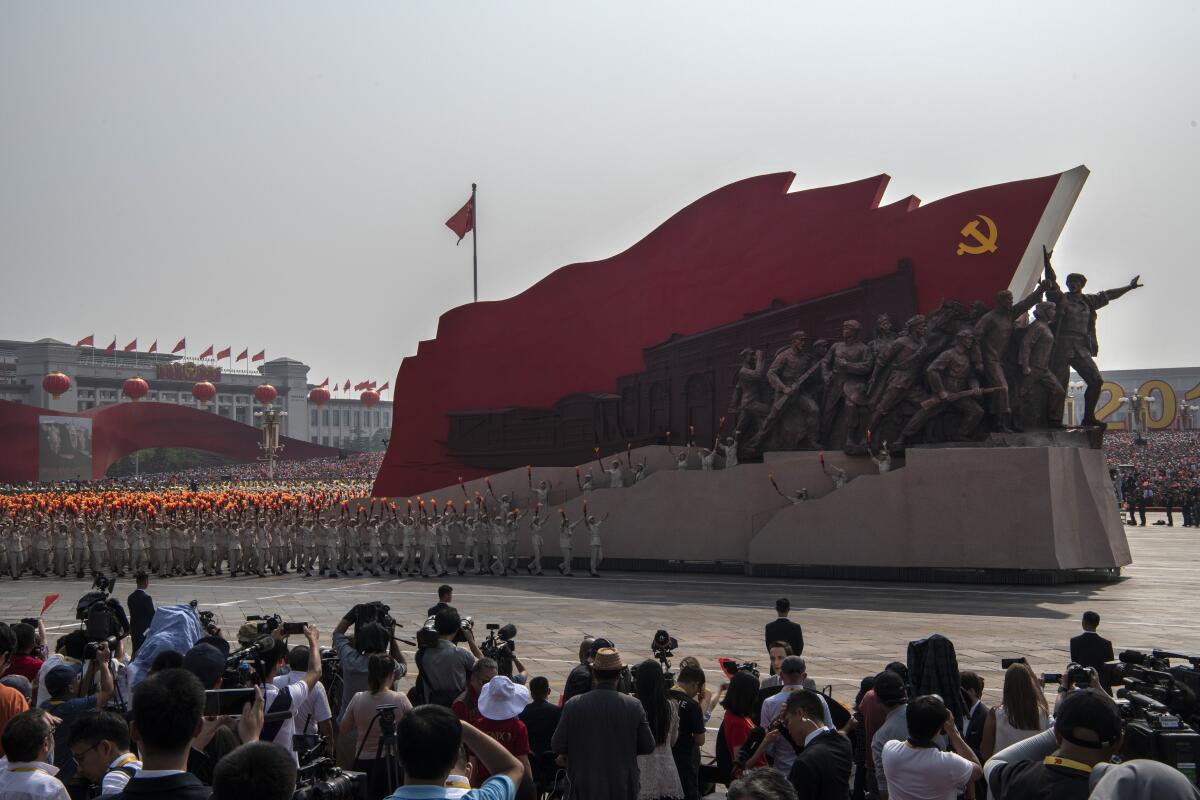Newsletter
Sign up for Essential California
The most important California stories and recommendations in your inbox every morning.
You may occasionally receive promotional content from the Los Angeles Times.
More From the Los Angeles Times
Podcasts
In this episode, we discuss the history here, what lessons were learned — and not — and how that can inform what we we do this time around as we attempt to rebuild Altadena and the Pacific Palisades.
Alexis Linkletter & Madison McGhee unpack the chaotic Justin Baldoni vs. Blake Lively lawsuit, separating fact from fiction, and its career impact.
Sammy Roth visits Ioneer’s proposed Rhyolite Ridge mine in Nevada with managing director Bernard Rowe, who details responsible lithium/boron extraction and Tiehm’s buckwheat protection.
